
Justice for Humanity: Finfine All Day
Written by Teodrose Fikre, May 12, 2017
Too often we are quick to decry our hurts while we disavow the pains that others feel. Instead of acknowledging the distress of those who are not like us or look like us; too many would rather discredit “them” while only accepting the hardship of “us”. It seems that humanity is devolving into chaos as everyone tries to monopolize suffering. In the process, we let bluster and bombast be our moral compass thinking we can salve our wounds by tearing other people down. This is imprudence at its height; we gain nothing by turning to violence and and fiery rhetoric to burn our fellow brothers and sisters.
I write this article in deference and defense of Oromo people who are my fellow Ethiopian brothers and sisters; in reality this reflection applies to anyone who has felt the tinge of persecution and felt excluded from the privileges that nations confers upon their citizens. The Oromo people are a proud and valiant lot who comprise more than 40% of the Ethiopian population. Yet, for generations, Oromo people have been targeted for harassment and mistreatment by past governments and the current savage TPLF government.
I hate to speak of matters in this way, to say they instead of us. But not calling out specific hurts visited upon Oromo people would be an injustice on itself. One article is not enough to detail the systematic oppression that Oromo people have endured for more than a century. The current capital of Ethiopia, Addis Ababa, was once called Finfine (which means brook) and was a majority Oromo town. King Menelik II decided to move the capital from Gondar to Finfine and changed the name to Addis Ababa, which means new flower. Parenthetically, this is but one of many reasons that Queen Taitu is true hero of Adwa; too often hubris is celebrated as we overlook the fact that it was Taitu who saved Ethiopia from a fate of Italian colonization.
After Menelik II raised Addis Ababa by razing a once thriving Oromo city; a new flower thrived by sucking dry the brook that was Finfine. Addis was built by displacing endless numbers of Oromo people and turning them into refugees in their own nation. Oromo people were victims of gentrification much the same way that brown people in DC are steadily being driven out in order to make way for the moneyed denizens who are now drinking frappes in the same locations where poor brown folk were forced by lack of choice to buy fried chicken from convenience stores with bulletproof windows. The once chocolate city is turning into 1% elite homogenized milk as the DC city counsel and mayor Bowser are more worried about welcoming corporate stores than they are about caring for their constituents.
Greed is the end of nations; those who neglect this rule eventually become victimized by the same avarice they once thought was a virtue. Beyond the fact that globalist monsters have colonized the entire world (link), another reason that Ethiopia is sinking into the abyss is because too many have been misled to believe that development of buildings and accumulation of wealth by a few is a reflection of a nation’s health. If you want to know how a society is doing, do not look at the opulence of the few nor the shinny buildings that keep popping up—judge a country by how it treats the least of them who suffer in silence.
We ignore the pains of the huddled masses at our peril for injustice ignored soon enough metastasizes to injure the many. If we do not learn to empathize with the suffering of others and accept that they too hurt and instead we want to focus only on our hurts, a day will arrive where hardship will make all equal for indigence and poverty never discriminate. As an Ahmara who grew up for seven years in relative privilege in Bole, I do not necessarily know the struggles of being Oromo and how it feels to be marginalized in Ethiopia. However, a life of hardship in America has taught me not to disregard the pains of other people.
Acknowledging the pains of Oromo people does not mean that I am dismissing the struggles that Amhara people went through as well. Nor does it mean that I’m somehow placing all the onus and responsibility on Ahmara people for the injustices that Ahmara rulers once committed against Oromo people anymore than I blame Tigray people for the suffering that the current TPLF government unleashes upon all. It does not have to be an all or nothing proposition; we can acknowledge that other people go through pains too as we pursue justice for the injuries we have been dealt. This applies to America and the world; stop turning to anger and hatred to drive out hate. Bashing “white people” or those who do not look like is is not only wrong, it is counterproductive for we only feed into the system of divide and conquer when we turn to divisive language to take on injustice.
I started to think about the persecution that has been visited upon Oromo people while writing an article about Mahmoud Ahmed (link) last evening. Listening to his music and hearing an interview that he did with Ali Birra—as Mahmoud gave a nod and homage to Oromo people—made me reflect about this notion of true justice. If we are not able to speak for the sum of people who hurt and instead only stand for the fraction, we too become part and parcel of injustice. Redemption for all or suffering in toto; either we all thrive or one by one we will all languish. If only we can embrace each other in hardship the same as we do when we celebrate through music, injustice would be no more.
So as I stand up for justice in Ethiopia, I stand up for Oromo people the same as I do Tigray people and the rest of the 64 tribes for the source of inequity has never been about tribes and the innumerable ways we divide ourselves, the root of oppression has always been and continues to be the powerful versus the rest. Likewise I count as my fellow strugglers brown children in the inner cities of Chicago and “white” children in Boise; we need to stop seeing justice through color if we ever want injustice to ebb. One thing I know to be true above all; only unity can overcome a system of repression that is hobbling the masses and killing hope without regard to race, gender, religion, orientation or the endless ways we let others splinter us into cauldrons of grievances.
Even as I write this, the pugnacious Tedros Adnahom, a mouthpiece of the TPLF government, is being lauded as a hero as he runs to be the Director General of WHO (link). This world is really topsy turvy; we celebrate despicable imps simply because they are famous and accepted by colonialists. This is the same supposed doctor Tedros who has been mum as the government he gives credence to is currently ravaging Oromo people and yet again displacing them from their homes and doing likewise against Ethiopians throughout the country from Gondar to the new flower that needs to be renamed Finfine. Injustice yet again being revisited to Oromo people as the bankrupt American media would rather cover sensationalism than highlight the excesses of brutal governments.
What is done in the dark will come out in the light, the TPLF better be careful for those who rule by the gun will perish in guzzle smokes—be esat emenorut, be esat yetefalu. I don’t speak this to advocate violence or to lend my voice to ANY political opposition in Ethiopia who are turning to the gun to fight against TPLF guns. Rather I say this to warn those who keep oppressing people thinking they can get away with committing atrocities with impunity. What the world powers have proven is that centralized power is wicked and federalism is the invention of devils. Perhaps it is time for us to emulate the Oromo system of governance called Gadaa, where elders are placed in charge in the localities where they live. The power is given to the communities instead of being coagulated at the top. Ethnic federalism in Ethiopia and uber federalism in America has proven disastrous, the answer lies in empowering localities—this is the wisdom behind Oromo people and the Gadaa form of governance.
May the tears that the blessed Oromo woman is crying in the picture above lead to a brook of tsebel that renews hope in Ethiopia once again. Let a day arrive where tears from mothers are not shed for lost children and lost hopes; let opportunity be given to all instead of being hoarded by a few. I did not write this article to assign blame to the masses nor was my intentions to inflame passions for the sake of sensationalism. If we are to move forward as a people not just in Ethiopia but throughout the world, we must stop trying to monopolize pains and understand that others suffer just like us. Instead of assigning blame to the masses, affix blame to the few who are at the root of injustice. Above all, talk to each other instead of yelling past each other—rational dialogue not emotional outburst is the only way to heal the pains of the past.
Let this serve as a reminder to all, new flowers wilt without brooks. Thus the difference between water and money, where water is abundant and nourishes people for freely, money is the root of evil that bleeds nations and people into penury. It does not escape my mind that brook has two meanings for brook means a water tributary and a blessing simultaneously. A blessed nation that thrived for centuries started to crack and plunged into the abyss when Finfine (brook) was replaced with a flower for the elites. New flower no more; better to be a blessed water than a rose that thrives for a few while the soil is drenched by the tears of the people.
It is for this reason that I shall never call the capital city Addis Ababa anymore—from now on the city of my birth is Finfine. One day the brook will return and bring back with it the water of justice for all. A day will come soon where the struggle will end and the greed that is hobbling our nation will be past. I am confident in this because injustice has an expiration date and God’s promise will eventually be delivered. A psalm sings of this; a day of redemption is almost before us (link). Until then, hold tight my fellow Ethiopians and all who suffer in silence throughout the world. Love will win the day; fiker yashenifal. #FinfineAllDay
New flowers bloom best in the soils where they flourished first. Accordingly, Finfine all day!
If you appreciate the message behind this write up and share the aspiration for universal justice, share this article on social media using #FinfineAllDay
Check out the Ghion Cast below that discusses the root of repression in Ethiopia that is spreading outward to bleed the entire planet of hope. In the same video, the key to overcoming this system of repression is discussed. I’ve included a couple of more videos after the Ghion Cast below, all of them are embedded for a reason. There is a message for those who are willing to listen.
Rest in Peace RFK, you spoke of peace and togetherness, that became the nail in your coffin. But where a messenger is killed, his message lives on regardless. Listen to this speech below, by far one of the greatest speeches of all time.
The only way to overcome tyranny is through UNITY. Our ancestors knew this, maybe more of us, regardless of nationality, should hear the message that lives through Adwa’s defiance.
Finfine All Day!
A BIG shout out to Feyisa Lilesa. JEGNA! click HERE or pic to visit a man who spoke truth to power by running for justice and standing for peace.
Last words, a special recognition to an uber jegna named Dej Balcha who fought against imperialists in Adwa and then did the same thing 40 years later as Italy burned the country side of Ethiopia with mustard bombs! Our people once united to fight external threats. I pray we unite again for the sake of our children.
Shout out to Oromo people. FinfineAllDay!
Desta, selam ena fiker le lejochachin, Egzyaber amlake, ehe new tselote le enate Ethiopia::
One flag, no symbol, one people : Netsu sendek alema, and hezboch, be fiker enashenifalen::
Teodrose Fikre
Teodrose was born in Ethiopia the same year Emperor Haile Selassie was deposed by the communist Derg junta. The great grandson five generations removed of Atse (emperor) Tewodros Kassa II, the greatest king of Ethiopia, Teodrose is clearly influenced by the history and his connection to Ethiopia. Through his experiences growing up as first generation refugee in America, Teodrose writes poignantly about the universal experiences of joys, pains and a hope for a better tomorrow that binds all of humanity.
Teodrose has written extensively about the intersection of politics, economic policies, identity, and history. He is the author of "Serendipity's Trace" and newly released "Soul to Soil", two works that inspect the ways we are dissected as a people and shows how we can overcome injustice through the inclusive vision of togetherness.
Latest posts by Teodrose Fikre (see all)
- Call to Action: We the People Unite - September 11, 2017
- Enkutatash: Let Our Treasures Be Troubled No More - September 10, 2017
- Conundrum: Making a Difference Without Monetizing Injustice - September 8, 2017



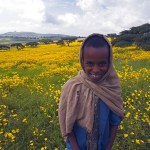
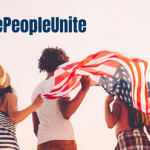
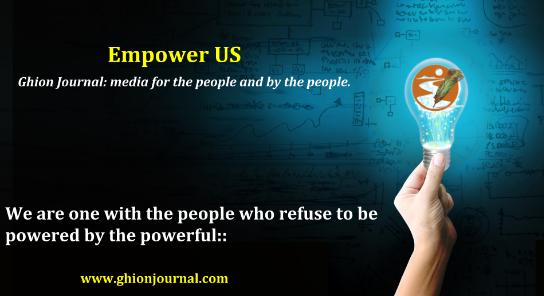

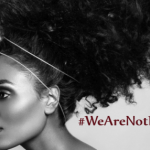
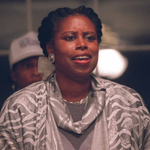








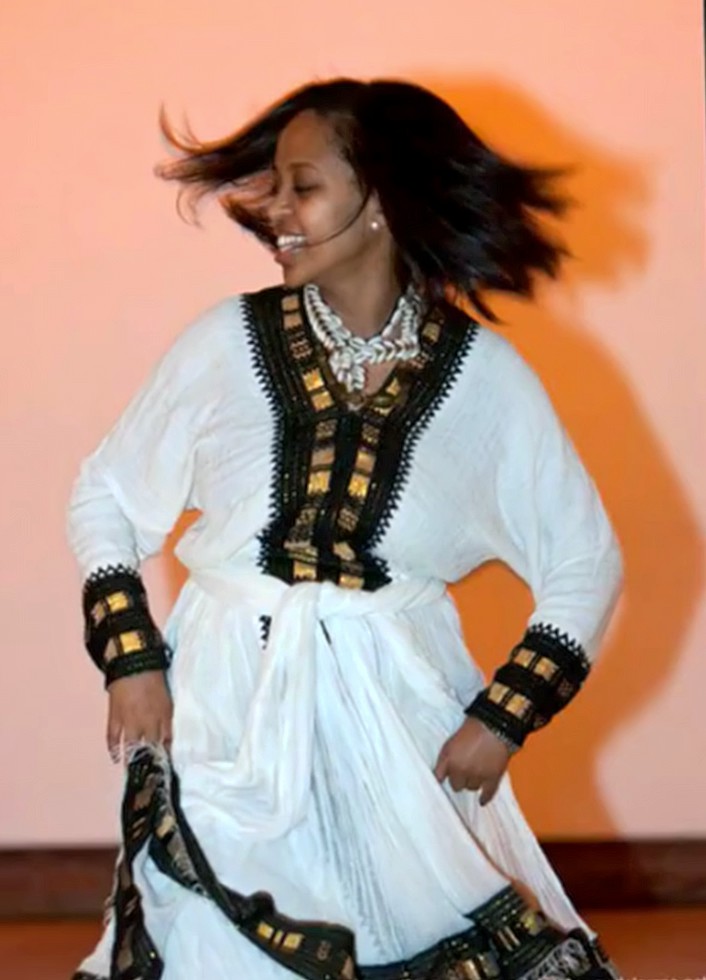


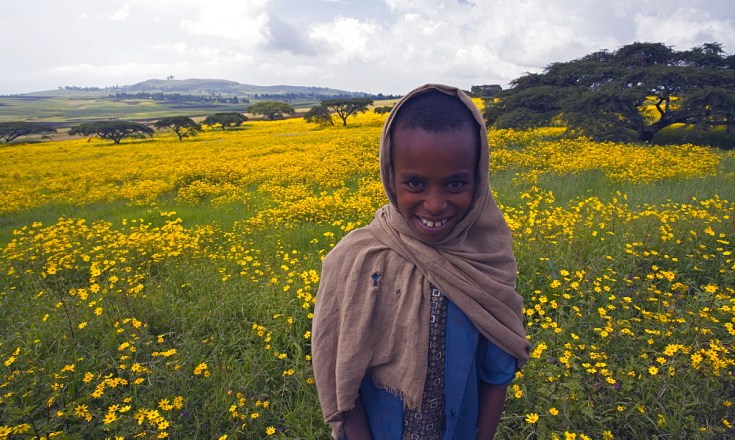



Leave a Reply
Be the First to Comment!